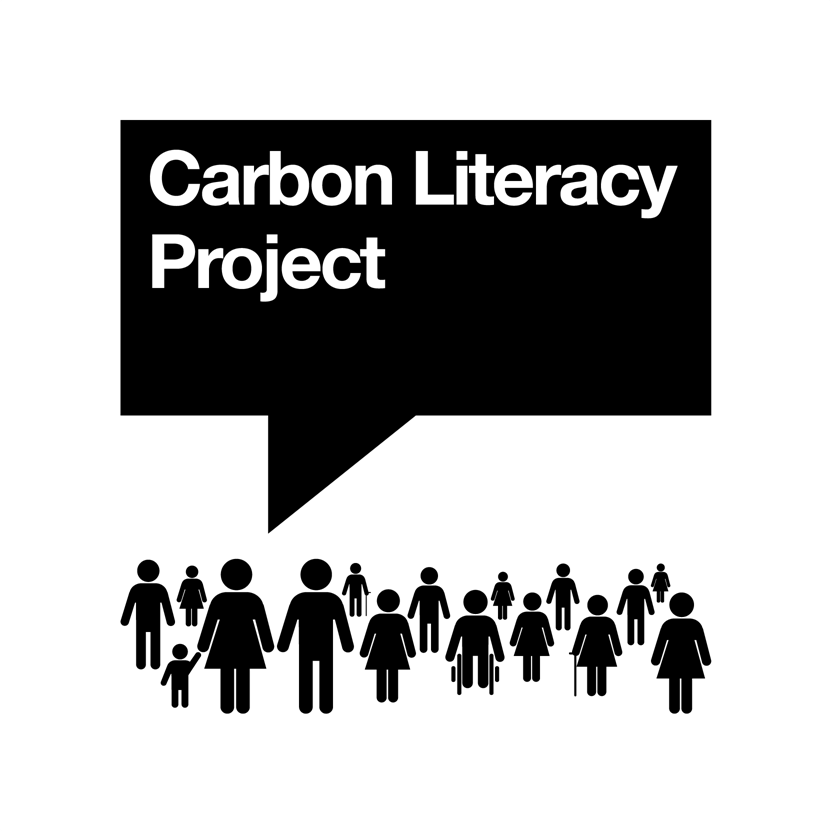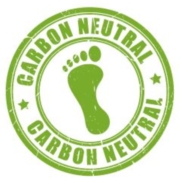It’s easy being green with APSE Training’s Carbon Literacy programme
Carbon Literacy for Local Authorities is one of APSE Training’s most popular courses. Communications Officer, Matt Ellis, sheds light on how this course will help strengthen your hand at fostering a more carbon aware culture in your local authority team.

“The time has now come for us to cherish our green inheritance, not to pillage it – for without it, we will surely perish.” Sir David Attenborough
With millions tuning in to the latest BBC nature series Green Planet, viewers across the UK have once again been reminded of the highly fragile nature of our planet’s ecosystem. Though the main focus of the series is biodiversity, lurking in the background is an acknowledgement that human activity, in the form of man-made carbon emissions, is an enormous threat to the delicate balance of nature.
The need to confront this threat will be the defining issue of the coming decades. Extreme weather events, combined with rising temperatures and sea levels, has culminated in international agreements to try and stem and hopefully reverse the amount of carbon in our atmosphere. Behind these international agreements lie a complex patchwork of more localised commitments, represented in the UK by the 200+ local authorities that have declared climate emergencies.
Announcing a declaration is one thing, but how can a local council and its constituent teams deliver on it? This is the tricky question that APSE’s Carbon Literacy for Local Authorities provides the answers for.
Delivered in conjunction with the Carbon Literacy Project and split over two half-day sessions, I attended the online course alongside many of my colleagues, all of whom were informed that by the end of our training we would:
- Gain an understanding of the basic science of climate change and how climate change will affect us both globally and locally.
- Gain an understanding of how climate change will affect local authorities.
- Explore the low carbon objectives in the Local Authorities sector.
- Create an action plan to help reduce the carbon footprint of your workplace and your Local Authority.
- Explore strategies for influencing others to take action on climate change.
The Basic Science of Climate Change
It was a case of ‘back to school’ in the first module of our training as we were treated to a mini science lesson (minus the Bunsen burners) exploring the fundamentals of climate change and which human activities are responsible for accelerating it. Through a range of infographics, videos, group discussions and activities, we learnt about the various greenhouse gasses, which of our everyday human activities cause their release, and their impact on our environment.
Global and Local Climate Change Policy Impacts
Next up the focus turned to climate vulnerability, both across the world and at home. Through a combination of interactive maps and videos, we learnt that the world’s poorest will be at the sharpest end of climate change if the drive to mitigate carbon emissions does not take their concerns seriously and plan action accordingly. We then delved into a rich variety of case studies looking at how socially-aware climate action was being applied through the UK by local councils, from urban greening to solar farms to locally-sourced foods in schools.
I’m in: Climate Change Action
Continuing on the theme of action, our penultimate unit brought attention to the various tools we can use, both corporately and individually, to help measure and reduce our carbon footprint. Several group activities followed – including a Dragon’s Den style task - teasing out carbon reduction opportunities in our work and social lives, and demonstrating how easy and effective creating such carbon reduction plans are.
Priorities, Planning and Influencing
The final unit crystallised our learning into an action plan - on a personal level, department level and corporate level. Furthermore, it provided excellent tips on how to talk to people about climate change, swaying sceptics by connecting that value to climate change with a story; creating a positive future you both can aim for is far more likely to inspire action.
There is no Planet B
At times climate change can feel too distant, or action on tackling it seem futile. This training course will comprehensively dispel these myths.
Having recently received my Carbon Literacy Project Certificate, I was reminded of another famous David Attenborough quote on the need for action on carbon emissions: “The natural world is fading, the evidence is all around… (But) if we act now, we can yet put it right.” Whether you are an officer, director, chief executive or elected member, APSE’s rich suite of carbon literacy courses will give a real creative jolt to you and your council as you aim to put things right.
• For more information about APSE’s rich suite of carbon literacy courses, please contact Head of APSE Training Fiona Sutton-Wilson on [email protected] or click here to access the APSE Training Hub.


.png)



.png)